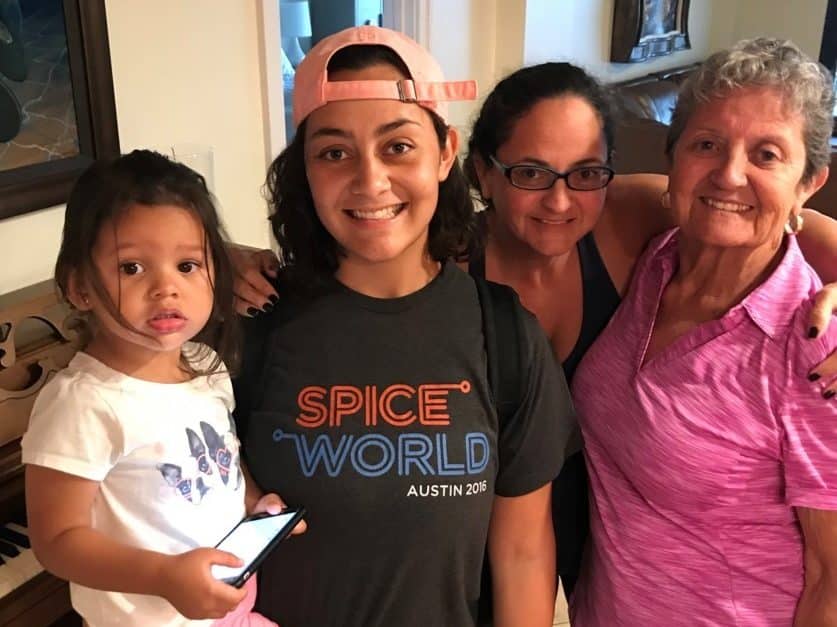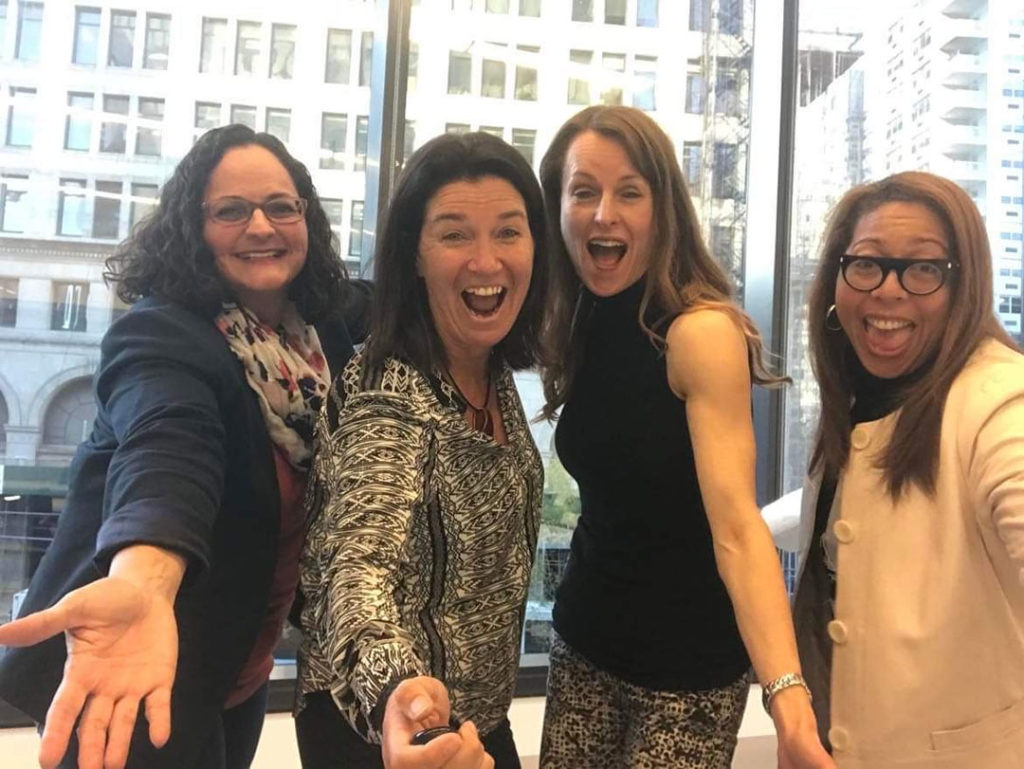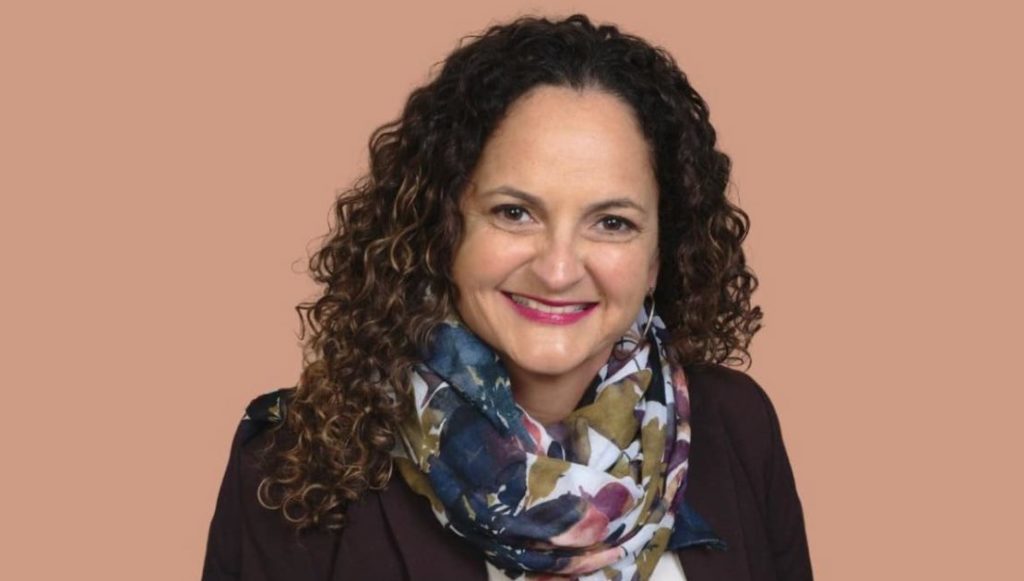Coming off mute: Breaking the family cycle of violence against women

Trigger Warning: Mention of rape, sexual assault and violence against women.
Violence against women is often generational
In my family, and likely in yours, violence against women is generational.
What violence against women looked like for my grandmothers
My Abuela Lela hit her limit seventy-five years ago on the day my Abuelo Marcos threw a bar of soap at her. Instead, it hit her daughter, my Titi Elda. At that instant, Abuela Lela decided to move my Dad, my Titi Elda and the other children from Puerto Rico to the South Bronx where she would raise them on her own. When a brain tumor slowly drained the life from her only daughter, Lela couldn’t shake the idea that the bar of soap and the brain tumor were somehow connected.
Our Abuela Pancha gave birth at age thirteen after Abuelo Tomás ‘took’ her from her parents’ home. Pancha’s son was registered to Abuelo Tomas’ legal wife and was separated from her at birth. (This was done to avoid charges of statutory rape against Abuelo Tomás). Her infant was returned to her care when he became deathly ill. Gently, she nursed his body back to health and went on to have more children with Abuelo Tomás. With no help available for poor rural women and little education, the Puerto Rico government’s harsh policies contributed to the dismal conditions for families like ours.
What violence against women looked like for my mother
My Mom’s career ended at age 51 due to stress-related illness. She worked as one of the early, full-time female civil servants for the Army in the early 1970’s. She brought her warm personality and generous smile to the converted military barracks each day. Tenaciously, she worked her way up from a rank of GS-3 to a GS-12. Along the way, she had the heartbreaking, yet all too common experience of being passed over for a promotion and then training the less-experienced man who did get the job.
What violence against women looked like for me
When I was a freshman in college, a senior star athlete used his power and stature to turn a make-out session with me into sex. I didn’t say no or put up a physical fight but he was focused and insistent. He used his campus celebrity, age, status, and my state of inebriation to pressure me to do more than I had planned.
What violence against women looked like for my daughter
After being molested by older boys at a family party when she was in third grade, my daughter Elisa left home on her eighteenth birthday. She answered a Craigslist ad for a modeling job in Tampa, Florida – one of the world’s top sex trafficking hubs. On her first day of work, after completing her employment paperwork she was raped at gunpoint by the man who would become her pimp. He threatened violence to her family (whose addresses he had just obtained) if she snitched. She kept quiet for years and suffered great harm. Elisa’s been through hell. Today she lives life on her own terms. She is committed to breaking the cycle of generational violence for her daughter, my Grandbaby, Leyla Rose.
This kind of violence, like an infected wound, thrives when kept in its dank, secret hiding places. When exposed to light, and cared for with love’s healing salve, it loses its fury.
I’m telling you these stories because this kind of violence, like an infected wound, thrives when kept in its dank, secret hiding places. When exposed to light, and cared for with love’s healing salve, it loses its fury.
International Day for the Elimination of Violence Against Women
Today is the 40th anniversary of the International Day for the Elimination of Violence Against Women. This day commemorates the brutal killing of the three Mirabal sisters. Their names were Maria Argentina Minerva, Patria and Antonio María Teresa. These sisters, nicknamed the Mariposas, helped topple Rafael Trujillo’s cruel dictatorship in Santo Domingo in 1960.
Perhaps in your family there are stories you haven’t yet heard or shared. According to the Center for Disease Control, 34.4% of Latinas say they have experienced domestic violence at some point in their lives. A recent report from SAGE cites evidence that suggests that, for undocumented and recently documented Latinas, the prevalence of intimate partner violence may be as high as 49%. According to the Human Rights Campaign, 2021 has already proved to be a deadly year for transgender and gender non-conforming people. “In previous years, the majority of these people were Black and Latinx transgender women.”
What will the future hold?
Latina women usually redact our encounters with violence, but it’s time we come off mute.
Today, I invite not just my fellow Latinas but all women of color to own all of your story.
Leyla Rose and all the young women who will someday call us ancestor need us to come off mute, and speak out so others will not feel alone and we can hold abusers accountable.
Because, my sisters, it is our love for each other that wins out in the end.
Denise Padín Collazo is a social justice leader, a mentor to fellow women of color, and a family work integrator. She is the author of Thriving in the Fight: A Survival Manual for Latinas on the Front Lines of Change. You can pick up copies of her book at: www.DeniseCollazo.com. All net proceeds for the book will go to a fund for Latina community organizers. She serves as Senior Advisor of External Affairs at Faith in Action where she has spent 25 years building the country’s largest, progressive faith-based community organizing network.



